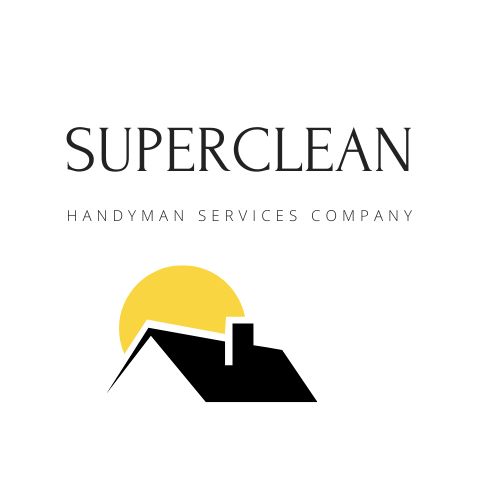Breaking Barriers: Addressing Racial Disparity in Economic Opportunity in Georgia’s Black Community
Barriers: Minorities with Criminal Records
As a minority-owned cleaning business deeply rooted in the Georgia community, we recognize the importance of addressing racial disparities that continue to affect the economic opportunities available to our fellow Black community members. In this blog post, we want to shed light on this critical issue and discuss ways we can collectively work towards positive change.
Racial Bias in the Criminal Justice System: Minority individuals are disproportionately represented in the criminal justice system due to systemic biases and disparities. As a result, they may face harsher sentences and more obstacles to reintegration into society.
Employment Discrimination: Employers may discriminate against individuals with criminal records, and this discrimination can be compounded by racial bias. Studies have shown that job applicants with minority-sounding names are less likely to receive callbacks or job offers, and having a criminal record exacerbates this disadvantage.
Limited Access to Resources: Minority communities often face socioeconomic challenges, including limited access to education, employment opportunities, and support networks. These factors can make it even harder for individuals with criminal records to rebuild their lives and find stable employment.
Reentry Challenges: Reentering society after incarceration can be difficult, particularly for minorities who may face additional barriers such as housing discrimination and limited access to social services.
Progress and Solutions:
Efforts to address racial disparities in the criminal justice system and promote fair hiring practices can help mitigate some of these challenges. Ban the Box initiatives, which aim to remove questions about criminal history from job applications, have gained traction in many jurisdictions. Additionally, programs that provide support and resources for reentry, such as job training, housing assistance, and mentorship, can help individuals with criminal records successfully reintegrate into society.
In 2023, 5.5 percent of the Black or African-American population in the United States were unemployed, the highest unemployment rate of any ethnicity
Why is black youth unemployment so high?
Unfortunately, because of antiblack discrimination in the labor market and other factors, Black youth work less than white youth. There is a very high rate of joblessness among Black youth relative to their white peers — higher than even that suggested by the unemployment rate.
Understanding the Problem:
Racial disparity in economic opportunity is a longstanding issue that disproportionately affects the Black community in Georgia. Despite progress in some areas, systemic barriers such as lack of access to quality education, employment discrimination, and limited resources continue to hinder the economic advancement of many Black individuals and families.
The Impact on Our Community:
The consequences of this disparity are far-reaching, affecting not only individuals but also the overall well-being and prosperity of our community. When a significant portion of our population is denied equal opportunities to thrive economically, we all lose out on the diversity of talent, innovation, and contributions that could benefit our society as a whole.
Our Commitment to Action:
As a minority-owned business, we understand the importance of solidarity and support within our community. That’s why we’re committed to taking meaningful action to address racial disparity in economic opportunity:
Providing Opportunities: We are dedicated to creating employment opportunities within our company for individuals from the Black community, offering fair wages, training, and career advancement opportunities.
Supporting Minority-Owned Businesses: We actively seek out partnerships with Black-owned businesses and suppliers, supporting their growth and success within the local economy.
Investing in Education and Training: We believe in the power of education and training to empower individuals to achieve their full potential. That’s why we support programs and initiatives that provide resources and opportunities for education and skill development within the Black community.
Advocating for Change: We use our platform to advocate for policies and initiatives that address systemic inequality and promote economic justice for all members of our community.
